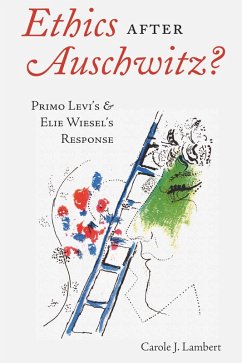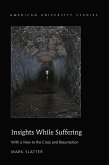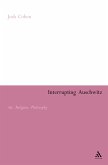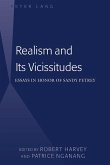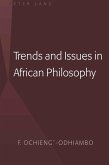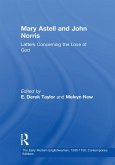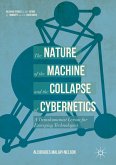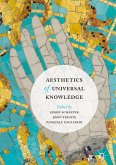Dieser Download kann aus rechtlichen Gründen nur mit Rechnungsadresse in A, B, BG, CY, CZ, D, DK, EW, E, FIN, F, GR, HR, H, IRL, I, LT, L, LR, M, NL, PL, P, R, S, SLO, SK ausgeliefert werden.
«Emerging from the destruction of the Holocaust, which inflicted immense harm on the credibility of ethics, the survivor-testimony of Primo Levi and Elie Wiesel resists cynicism, despair, and moral relativism. Using the biblical Ten Commandments to focus her perspective on the ethical outlooks of Levi and Wiesel, Carole J. Lambert provides a clearly written, carefully researched, sensitively argued, and timely study that advances the moral aims of both men by showing what ethics can, should, and must be after Auschwitz.» (John K. Roth, Edward J. Sexton Professor Emeritus of Philosophy and Founding Director, Center for the Study of the Holocaust, Genocide, and Human Rights, Claremont McKenna College)

